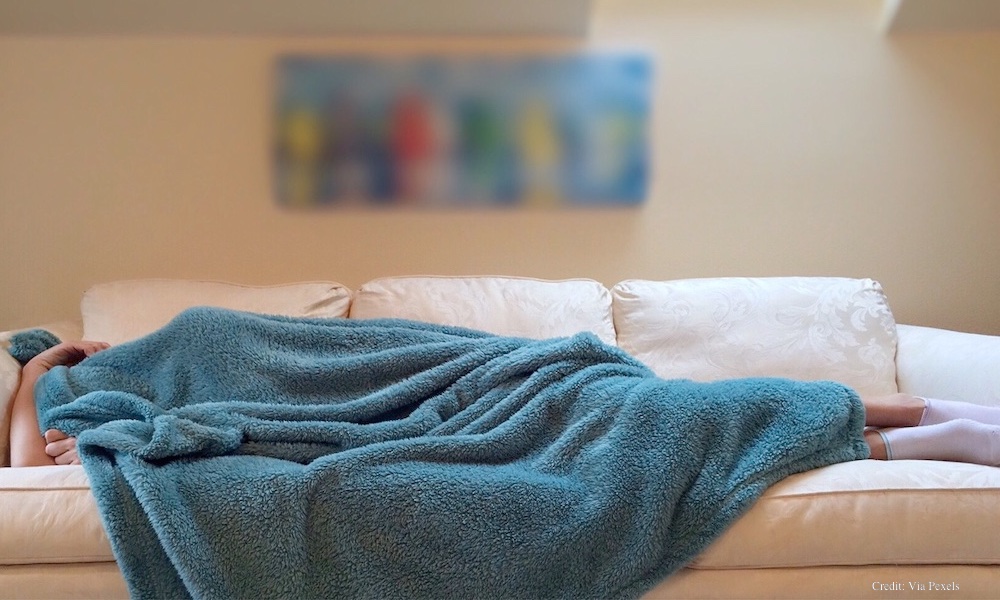The common wisdom is that early birds are energetic and raring to go first thing in the morning, while night owls are brainy types with super verbal skills that include using language to share information, as well the ability to give and receive messages in speaking and written communications.
Previous research showed night owls excelled with these skills, but a Canadian study took a closer look at the connection and found otherwise. The researchers discovered that people who rise and shine early in the day actually have better verbal skills than folks who are more alert after dark.
The Ottawa Sleep Research Laboratory study identified the chronotypes of 61 adults. A chronotype is a classification that reflects when you’re most active and alert throughout the day. People in the study were monitored with a device that noted their bedtime, measured total time asleep and the strength of their circadian rhythm — how consistent their sleep schedule was during a 24-hour period — among other things.“Our brain really craves regularity, and for us to be optimal in our own rhythms is to stick to that schedule and not be constantly trying to catch up.”
“Once you account for key factors including bedtime and age, we found the opposite to be true, that morning types tend to have superior verbal ability,” the study’s co-author and director of the Ottawa Sleep Research Laboratory, Stuart Fogel, said in a news release, adding that the findings were “surprising.”
The research also noted another interesting connection. Early birds tended to have higher “inter-daily stability.” More simply put, early risers maintained more consistent sleep schedules. And that’s a good thing.
“Our brain really craves regularity, and for us to be optimal in our own rhythms is to stick to that schedule and not be constantly trying to catch up,” Fogel said.
Regardless of which circadian rhythm best describes you, it’s optimum for your health and well-being to have a consistent sleep schedule and get a good night’s sleep. Here’s what the Sleep Foundation suggests to help achieve a regular sleep pattern:People who rise and shine early in the day actually have better verbal skills than folks who are more alert after dark.
- Get a daily dose of natural light. Exposure to natural light can better synchronize your internal clock.
- Reduce artificial lighting at night. Keeping your lights on long into the evening can prevent your body from properly transitioning toward sleep. Try using a dimmer or low-wattage lamp to minimize the brightness of indoor lighting.
- Cut down on evening screen time. Cell phones and other devices are sources of excess mental stimulation and emit blue light that can affect circadian timing. Try not to use a device for at least an hour before bed.
- Commit to physical activity. Even mild exercise like going for a walk can be beneficial, and it’s a great opportunity to get daylight exposure. If you are going to do intense exercise, try to finish your workout at least an hour before bedtime.
- Have a bedtime routine. Try to follow the same steps each night before going to bed such as dimming the lights, etc.
- Develop a personal relaxation plan. Regardless of whether it’s meditation, yoga, listening to soothing music, reading or another activity, make time in your bedtime routine for whatever relaxation method allows you to wind down.
- Be careful with naps. As a general rule, try to keep naps under 30 minutes and only early in the afternoon so that they don’t make it harder to get to sleep at night.
- Limit alcohol and caffeine. Both can be detrimental to a healthy sleep routine. Alcohol makes you sleepy but affects your sleep cycle and caffeine makes you wired and alert. It’s best to eliminate or reduce caffeine consumption, especially in the late afternoon and evening.
- Cultivate an inviting sleep environment. Keep your bedroom quiet, dark and comfortably cool, with the best pillow, mattress and bedding for you.
The study is published in Current Research in Behavioral Sciences.





